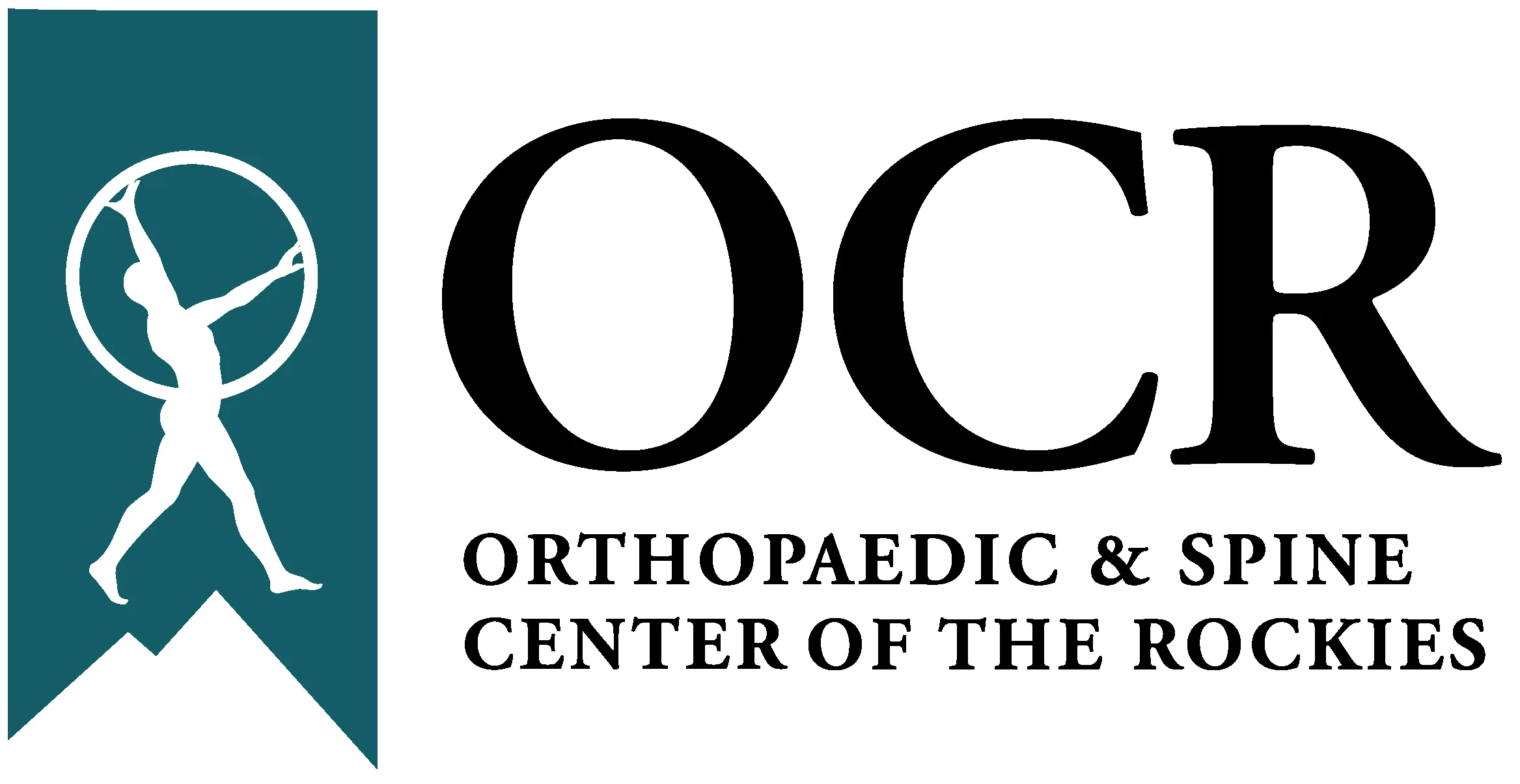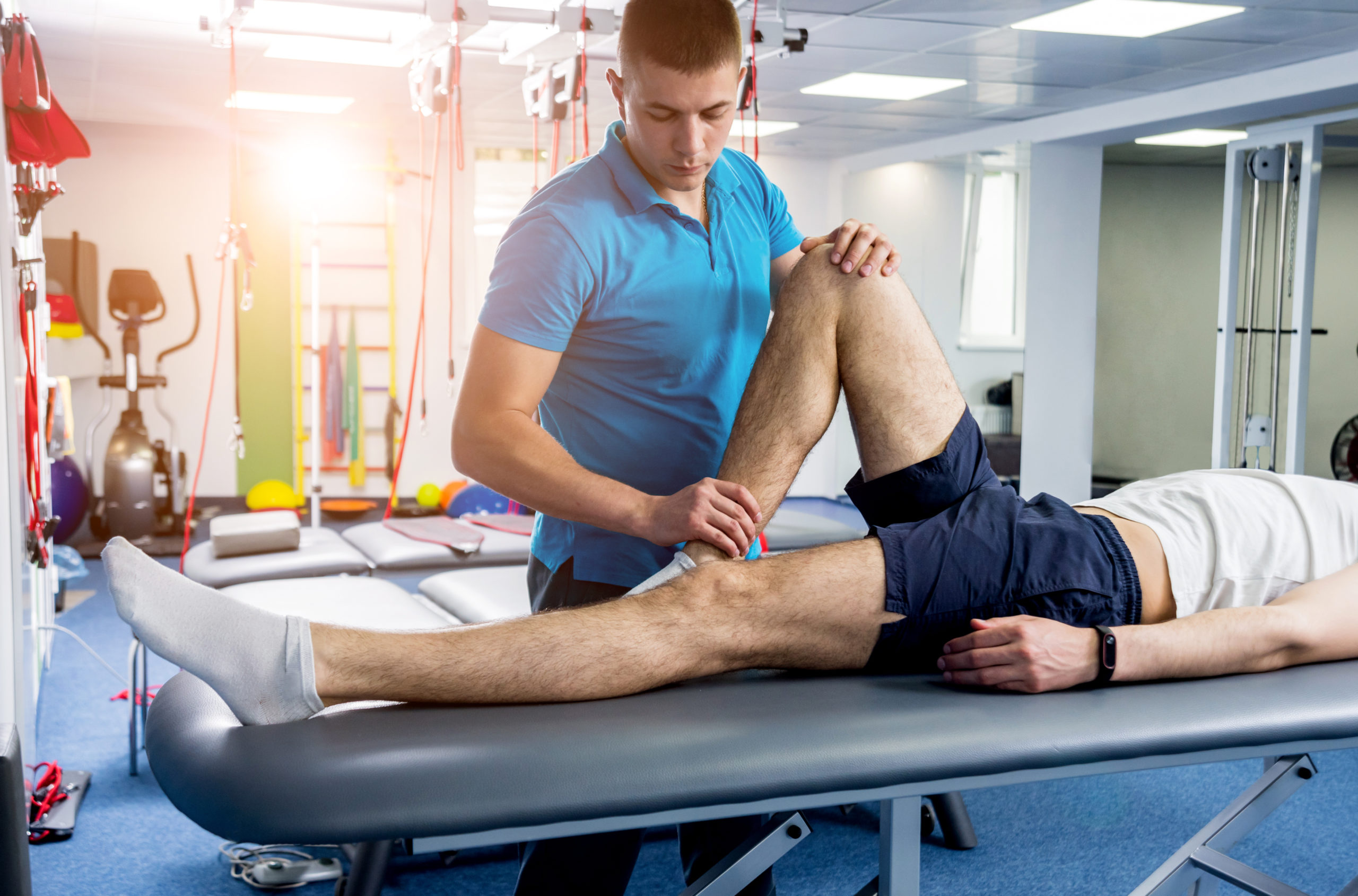After an injury of any sort, your body will need help climbing back to its former glory. Asking yourself, “what is sports therapy?”, and wondering if it’s what you need to recover is a good place to start. But what about physical therapy? Is physical therapy the same as sports therapy? In this blog, we will cover the differences between sports therapy and physical therapy to help you decide which is right for your recovery.
What’s the Difference Between Physical and Sports Therapy?
It can be pretty tricky to understand the difference between the two therapeutic practices. A pretty great distinction is laid out by Fremont University, but in general, they differ in client base and location.
Physical Therapy is therapy for any and all patients, often referred by their primary care physician for recovery from an injury. In a clinical setting, patients work with physical therapists to reduce pain or restore and improve mobility.
Sports Therapy, while often addressing similar injuries, is more tailored to injury prevention for athletes. Sports therapists are mobile and typically work with patients at sporting events.
Physical therapists are in an office, and sports therapists are on the sideline. Physical therapists are employed by medical groups, sports therapists are employed by sports teams. Physical therapists work to recover from injuries, sports therapists work to prevent them.
How to Spot those Differences
Not as limber as you used to be? Your brother-in-law convinced you to join him for a weekend pick-up basketball game. You had a hard time finding your old basketball shoes, but you were excited to see if you could still sink those threes. To your disappointment, you rolled your ankle pushing through the paint, and it swelled up instantly.
The most common injury here is an inversion sprain, which occurs when your ankle ligaments are stretched past their limit by twisting it inward or “rolling” it outward. In this scenario, your primary care physician would refer you to a physical therapist who would help you work out that injury.
Your child is going pro for sure. The star of the football team, single-handedly obliterating their opponents, is laying on the field in obvious pain; a frightening situation for any parent. Your team’s sports therapist will be quickly on the scene addressing the injury. If it turns out to be minor, they will help your child work it out on the sideline, ultimately deciding if it’s wise for them to continue to play.
If a more severe injury has occurred, such as a fracture of the fibula, your child’s leg will need at least six weeks to heal. Once the bones have healed, a physical therapist will help your child recover quickly, so they don’t miss any more valuable game time.
Finally going to run that marathon. You’ve been training for weeks but feel like your hips are tight. You stretch them out, but they’re still stiff and holding you back from performing as well as you know you can. A likely culprit for this stiffness is tight hip flexors, a group of muscles in and around your hips that help your legs move as they should.
It looks like all those months of sitting around have caused tightening of those hip flexor muscles. Don’t worry, a physical therapist can help you in this scenario by putting together a plan to get that full range of motion back in your pelvis. A sports therapist will be there on race day, ready to address any injuries that may occur mid-race.
That old high school injury. You haven’t changed up your workout regimen in fifteen years and you’ve never had any problems. This week, however, you noticed that rotator cuff injury you never had worked out is acting up again. Worried that it might get worse, you arrange an appointment with a physical therapist.
It’s possible those damaged shoulder tendons never fully healed and your reps at the gym re-aggravated the injury. A physical therapist can help you with this. They’ll establish a plan for that overdue rehab, help alleviate that resurfaced shoulder pain, and get you back to your routine.
Get Started on that Recovery
Sports therapists and physical therapists work together in most scenarios and are valuable tools for recovering from injuries. Whether you’re currently an athlete or looking to recover from the glory days, the Orthopedic Center of the Rockies can keep your body working as it should. Schedule an appointment today and let’s get started on your recovery.


